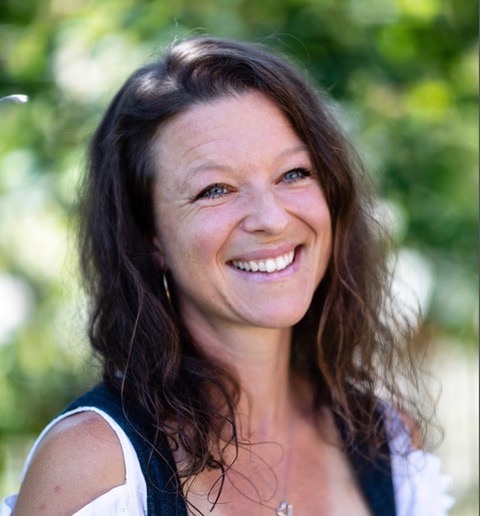List of Accepted Papers
Call for Papers
![]()
![]() Download one-page Call for Papers
Download one-page Call for Papers
(letter/A4) for easy posting on office
doors, bulletin boards, etc.
Workshop Motivation and Objectives
The 11th International Model-Driven Requirements Engineering (MoDRE) workshop continues to provide a forum to discuss the challenges of Model-Driven Development (MDD) for Requirements Engineering (RE). Building on the interest of MDD for design and implementation, RE may benefit from MDD techniques when properly balancing flexibility for capturing varied user needs with formal rigidity required for model transformations as well as high-level abstraction with information richness. MoDRE seeks to explore those areas of RE that have not yet been formalized sufficiently to be incorporated into an MDD environment as well as how RE models can benefit from emerging topics in the model-driven community, such as flexible, collaborative, and AI-enabled modeling. We would like to explore how MoDRE can help consider human values and ethics, how MoDRE can be integrated with DevOps and iterative development, and how MoDRE can contribute to develop AI applications. We look forward to identifying new challenges for MoDRE, discussing on-going work and potential solutions, analyzing the strengths and weaknesses of MDD approaches for RE, fostering stimulating discussions on the topic, and providing opportunities to apply MDD approaches for RE.
The workshop is co-located with the 29th IEEE International Requirements Engineering Conference (RE 2021) in Notre Dame, South Bend, USA, in September 2021. Accepted papers will become part of the workshop proceedings and will be submitted for inclusion into the IEEE Digital Library.
Keynote Speaker - Birgit Penzenstadler:
"Resilience via socio-technical systems: Projecting sustainability impacts during RE"
Birgit Penzenstadler is faculty at Chalmers University of Technology, Sweden, and Lappeenranta Lahti University of Technology, Finland. She has been researching the relation between sustainability and software engineering for a decade. Software systems inform and shape our future and consequently, software engineering holds key for transitioning towards a sustainable global society. Her recent research focus is how neuroplasticity practices can support in improving presence, creativity, and overall resilience.
Overview of Workshop Format
The format of the workshop reflects the goals of the workshop: constructive feedback for accepted workshop papers, collaboration, and community building. The workshop will be highly interactive with a few paper presentations, a keynote presentation currently planned for the pre-lunch session, and plenary brainstorming and general discussion sessions. The discussion topics are chosen based on the specific interests of the participants. The short presentations and the results of the brainstorming and discussion sessions are posted on the workshop website after the workshop.
We are also considering a group event in the evening of the workshop day to offer further opportunities of community building and discussions.

